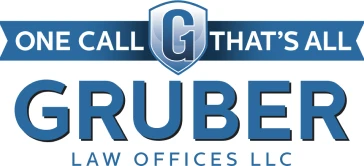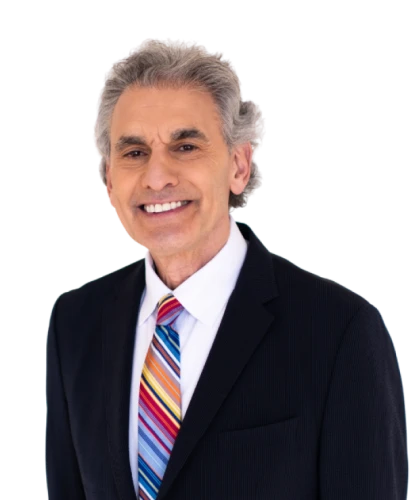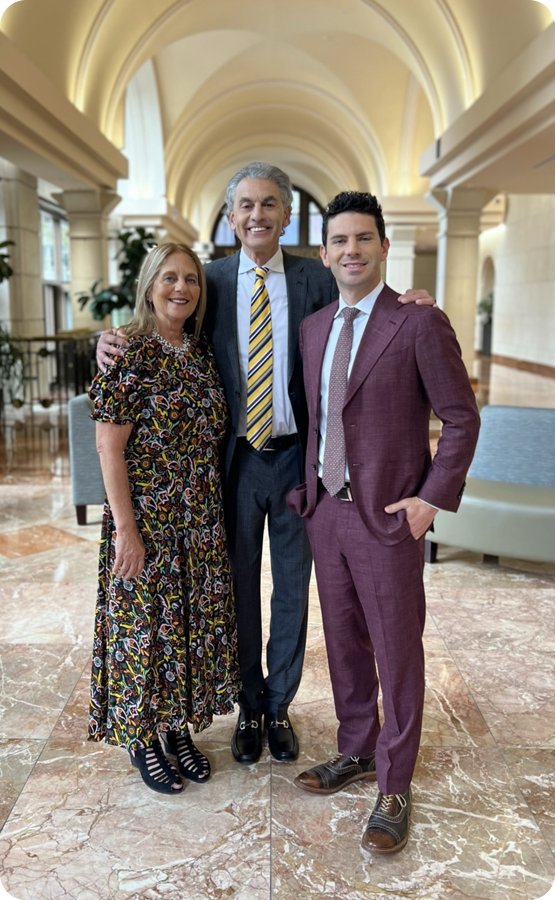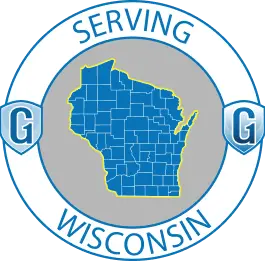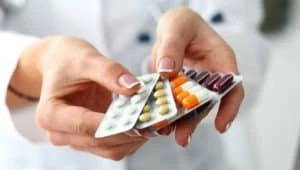
For residents of Milwaukee and other communities in Wisconsin, it can be frustrating and scary to learn that a drug you were prescribed has been recalled for safety reasons.
As the Centers for Disease Control and Prevention (CDC) reports:
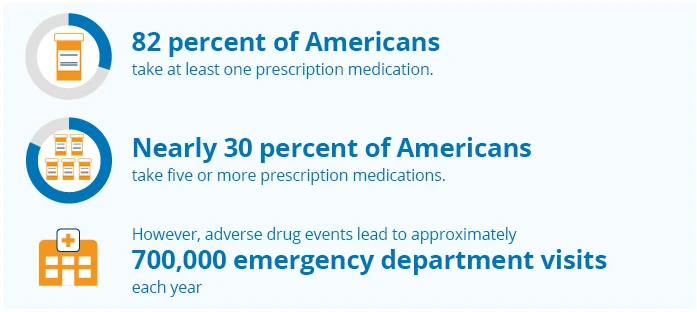
Given that prescription drugs are used by so many people, it is important to understand the nature of drug recalls, including why and when certain dangerous drugs get taken off the shelves.
How Are Drugs Approved for the U.S. Market?
First, it is important to understand how the U.S. Food and Drug Administration (FDA) drug approval process works.
As the FDA explains, the stages that a new medication must go through before it is approved and gets into the hands (and bodies) of consumers are:
1. Drug sponsor’s discovery and screening phase. In the first phase in the drug approval process, a drug sponsor (typically, the manufacturer) will develop a new drug and then seek FDA approval so that it can sell the drug in U.S. markets. In many cases, the drug is initially tested on animals in order to determine the safety and the efficiency of the drug.
2. Investigational New Drug (IND) application. In the second phase, the drug sponsor must submit an IND to the FDA. This application will contain information about the results from the early animal testing as well as information about the composition of the drug and how it is manufactured. The application also will outline plans to begin drug tests on humans.
3. Clinical trials. The next step of the FDA drug approval process involves clinical studies and trials of the new medication. These occur in three different phases:
Phase I – In this phase, between 20-80 volunteers who are healthy (and do not have the condition the drug is intended to treat) will help to determine the safety of the product. The drug sponsor will look for potentially harmful side effects as well as to see how human bodies react to the drug.
Phase II – Hundreds of patients are involved in drug testing in this phase. Many of them will have the condition that the drug aims to treat. At this second phase, the drug sponsor seeks to determine the effectiveness of the product.
Phase III – Thousands of patients will be involved in testing the drug when it reaches the third phase. The drug sponsor will look to determine both safety and effectiveness and draw conclusions about dosages, drug interactions and patient populations.
4. New Drug Application (NDA). Once the clinical trials are completed, the next step is for the drug sponsor to meet with the FDA before an NDA is submitted. The drug sponsor will formally ask the FDA to approve the drug based on the data from clinical trials and testing.
5. FDA review. The FDA will have a total of 60 days to decide whether to file the NDA and review the request for FDA approval. If the FDA files the application, it will then assign a review team made up of physicians, statisticians, chemists, pharmacologists and others to examine the drug sponsor’s data. The review team specifically will assess the safety and effectiveness of the drug.
6. Labeling review. In this stage, the FDA will review the labeling for the drug to ensure that it provides accurate information to consumers and to health care professionals about the medication and how to safely use it.
7. Facility inspection. Before approval, the FDA will inspect the manufacturing facility for the drug.
8. Approval or rejection. Once all of the above steps have been completed in a satisfactory manner, the FDA can approve the drug for use or reject it. If the FDA does not approve it, the agency can issue a response letter.
9. Post-marketing monitoring. Even after a drug is approved, this is not the end of the FDA’s involvement. The FDA has a post-marketing safety system that continues to review the drug and to keep track of adverse events.
For a free legal consultation, call 414-276-6666
When Do Drug Recalls Occur?

As we mentioned above, the FDA will continue to monitor the drug to determine whether adverse events are reported. Additionally, the drug sponsor must provide the FDA with updates.
The FDA may also get information about adverse events from other sources such as peer-reviewed medical journals or even news investigations.
As WebMD explains, a drug recall happens “when a prescription or over-the-counter medicine is removed from the market because it is found to be either defective or potentially harmful.”
Any of the monitoring systems we mentioned above can trigger a drug recall. Recalls can be initiated by the drug company or by the FDA. According to the FDA Compliance Manual, recalls can fall into one of three categories:
-
- Voluntary recall.
-
- FDA-requested recall.
-
- FDA-mandated recall.
Once a recall is initiated, the FDA will take several steps to protect the public. For instance, the FDA typically will notify the public and issue a public warning.
The FDA will then monitor and audit the recall to make sure that it has been effective and protects patients. If companies do not comply with an FDA-requested or FDA-mandated recall, the agency can take regulatory action against the company.
What Should You Do If Your Medication Has Been Recalled?
If you are currently taking a drug that has been recalled, WebMD suggests that you:

Learn more. You can sign up with the FDA to receive notices about recalls and to learn the details of a recall that involves a drug you were taking.

Click to contact our personal injury lawyers today
What Drugs Are the Subject of Concern in Wisconsin?
The FDA publishes a list of drug recalls that have occurred, which can help to keep Milwaukee consumers informed. Even though a drug may not have been recalled, it may be tied to numerous adverse events.
Examples of drugs that have been either recalled or subjected to scrutiny include:
- Xarelto – A drug designed to prevent blood clots that has been linked to uncontrolled bleeding, according to The Miami New Times.
- Yaz – A contraceptive that was subject to a recall over the risk of blood clots, according to CBS News.
- Celebrex – A prescription pain reliever linked to the increased risk of heart attack, according to Consumer Reports.
- Actos – A drug intended to treat Type 2 diabetes that has been linked to an increased risk of bladder cancer, according to The Los Angeles Times.
Complete a Free Case Evaluation form now
Get Help from a Milwaukee Personal Injury Attorney

Disclaimer: This post provides general information but is not legal advice and should not be construed as legal advice.
Call or text 414-276-6666 or complete a Free Case Evaluation form
